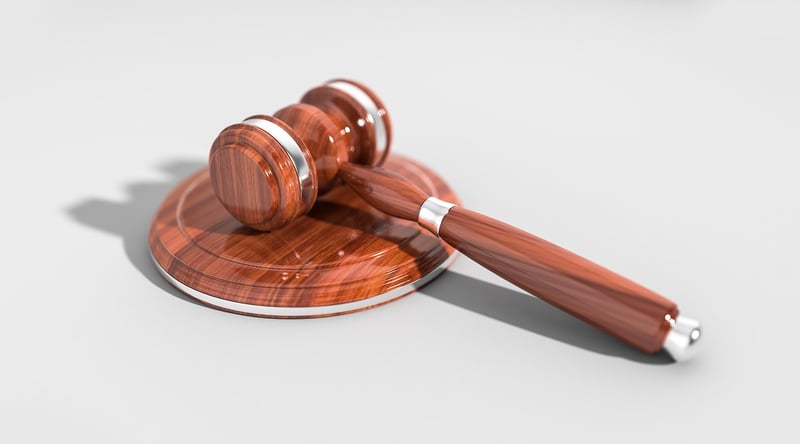Documentation
Demystifying Legal Procedures and Documentation
Legal procedures and documentation can often seem daunting and complex, but having a basic understanding of these aspects is crucial for individuals and businesses alike. Whether you are dealing with contracts, agreements, or other legal matters, knowing what is involved can help you navigate the process more effectively.
Legal Procedures
Legal procedures refer to the formal steps that must be followed to resolve a legal dispute or complete a legal transaction. These procedures are designed to ensure fairness and justice for all parties involved. Common legal procedures include:
- Court Proceedings: Involving lawsuits, trials, and hearings to resolve disputes.
- Mediation and Arbitration: Alternative methods of dispute resolution outside of the courtroom.
- Legal Consultation: Seeking advice from legal professionals on your rights and options.
- Legal Research: Conducting in-depth research on laws and regulations relevant to your case.
Documentation
Documentation plays a crucial role in legal procedures by providing a written record of agreements, transactions, and decisions. It serves as evidence in case of disputes and helps parties understand their rights and obligations. Common types of legal documentation include:
- Contracts: Formal agreements outlining the terms and conditions of a deal.
- Legal Notices: Official notifications sent to parties to inform them of legal actions.
- Deeds: Legal documents for transferring property or assets from one party to another.
- Wills and Trusts: Documents specifying how a person's assets should be distributed after their death.
Importance of Understanding
Having a good understanding of legal procedures and documentation is essential for several reasons:
- Protecting Your Rights: Knowing your legal rights and obligations can help you avoid legal pitfalls.
- Preventing Disputes: Clear documentation can prevent misunderstandings and disputes in the future.
- Compliance: Understanding legal procedures ensures that you comply with relevant laws and regulations.
- Effective Communication: Proper documentation facilitates clear communication between parties.
Conclusion
Legal procedures and documentation may appear complex, but with a basic understanding of these concepts, individuals and businesses can navigate the legal landscape with confidence. By familiarizing yourself with common procedures and the types of documentation involved, you can protect your rights, avoid disputes, and ensure compliance with the law.


